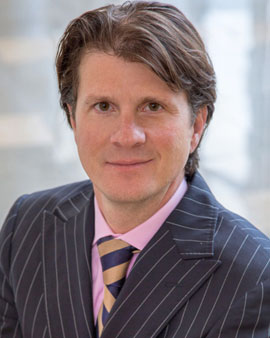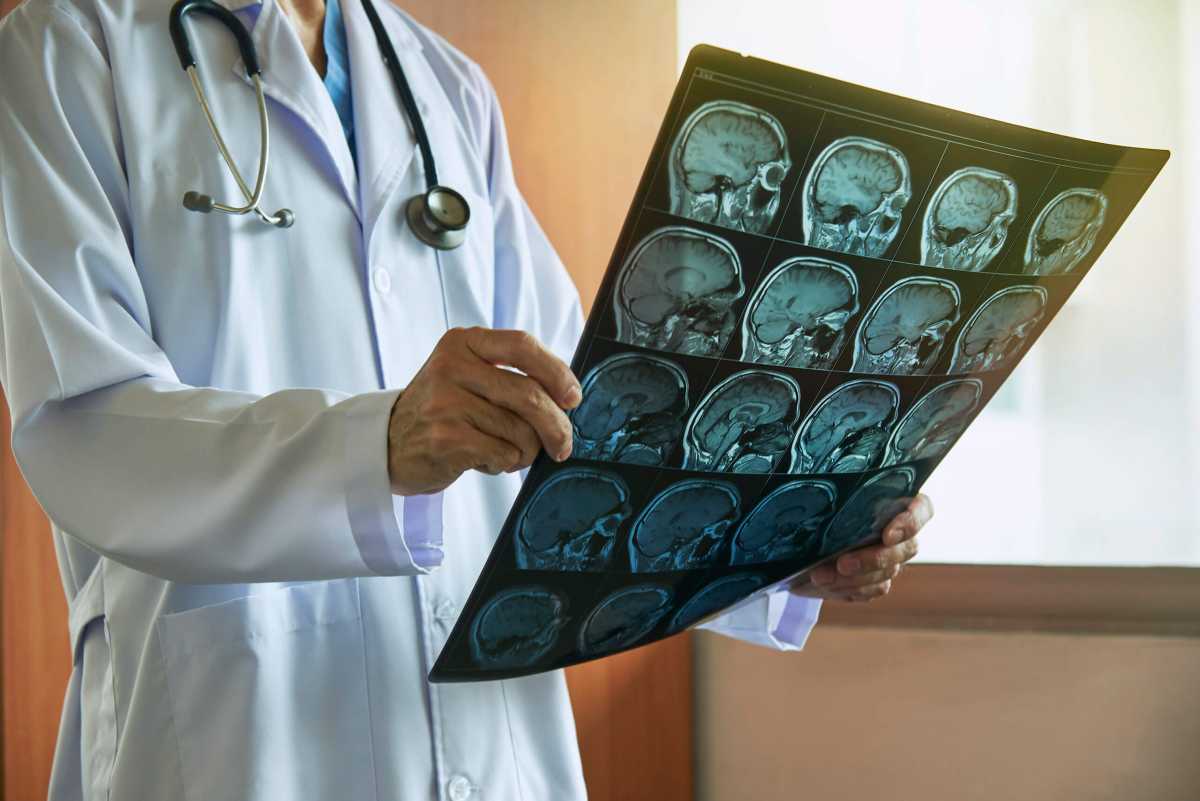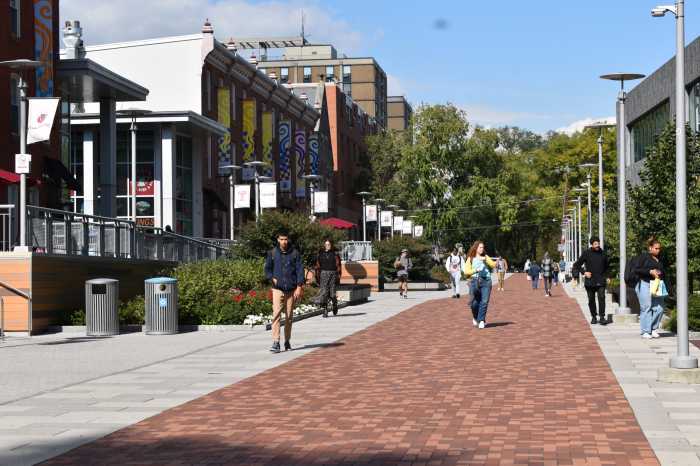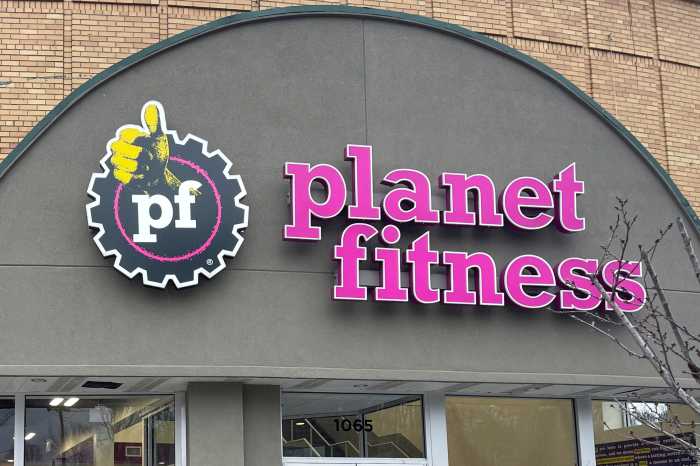As the novel coronavirus continues to spread across Philadelphia and the world, medical experts are working around the clock to provide the most updated information possible. Metro spoke with Dr. Erol Veznedaroglu, one of the most experienced cerebrovascular neurosurgeons in America and an internationally renowned vascular neurosurgeon, regarding the COVID-19 virus and its connection, if any, to patients experiencing strokes.

Doctors are finding an upward trend in COVID-19 patients who suffer strokes. In your medical opinion, what is causing this complication?
First, it’s important to realize that we are not clear if there is in fact an increased risk. The only data thus far are small case reports and anecdotal. We are clearly seeing patients who are having strokes and also test positive for COVID. However, there will clearly be crossover as we are seeing a large number of patients with COVID. Other factors such as an unprecedented level of sedentary habits, poor dietary routines and higher chances of increased risk factors such as cigarette smoking likely play a role. We also know that the receptor ACE-2 (Angiotension Converting Enzyme) are rich in the lining of blood vessels and act as a receptor for the COVID-19 virus. An inflammatory response in the normally smooth lining of the blood vessels may play a role.
What are some of the symptoms of a stroke? What should people do if they experience these symptoms?
Signs of a stroke may be subtle but generally involve one side of the body including [an] arm, leg and face. If the stroke is located on the left side of the brain, speech may be affected as well. However, strokes may also present as decreased level of consciousness and severe balance issues. A stroke that is hemorrhagic or bleeding often presents with a severe acute onset headache. This is often referred to as the “worst headache of my life.” We use the nemonic FAST, for Face, Arm, Speech and Time; every minute, 2 million brain cells die which is why patients should call 911 immediately if they experience any of these symptoms. We now are able to reverse these effects if we can intervene with medication and/or surgery to remove the clot.
What can people do to lower their risk of having a stroke?
The best way to not have a stroke is to prevent one by eliminating known risk factors. These include smoking, uncontrolled blood sugar for diabetics, obesity and high blood pressure. If you have any heart condition, particularly atrial fibrillation, which causes irregular high pulse rates, you may need to be on a blood thinner. Patients should discuss their risk of stroke with their health care provider as it may be suitable to start something as simple as a baby aspirin to reduce your risk.
What advice would you give to a COVID-19 patient who is recovering at home in regards to preventative medicine and healthy habits?
Patients recovering from coronavirus at home should maintain isolation until they are cleared by their healthcare provider and maintain healthy habits, the most important of which is stopping smoking and engaging in as much physical activity as your body allows. This is simply moving and avoiding sedentary positions. For patients at high risk of stroke who have COVID, they may benefit from a form of anticoagulant (blood thinner) or anti-platelet (aspirin) agent. It is important to discuss this with your doctor before starting any medication as it may be dangerous in some.
Dr. Erol Veznedaroglu, MD, FACS, FAANS, FAHA, is a professor and Director of Drexel Neurosciences Institute at Drexel University College of Medicine and holds the Robert A. Groff Chair in Neurosurgery. As chair of Global Neurosciences Institute, Veznedaroglu leads a team of neurosurgeons specializing in complex conditions of the brain.































